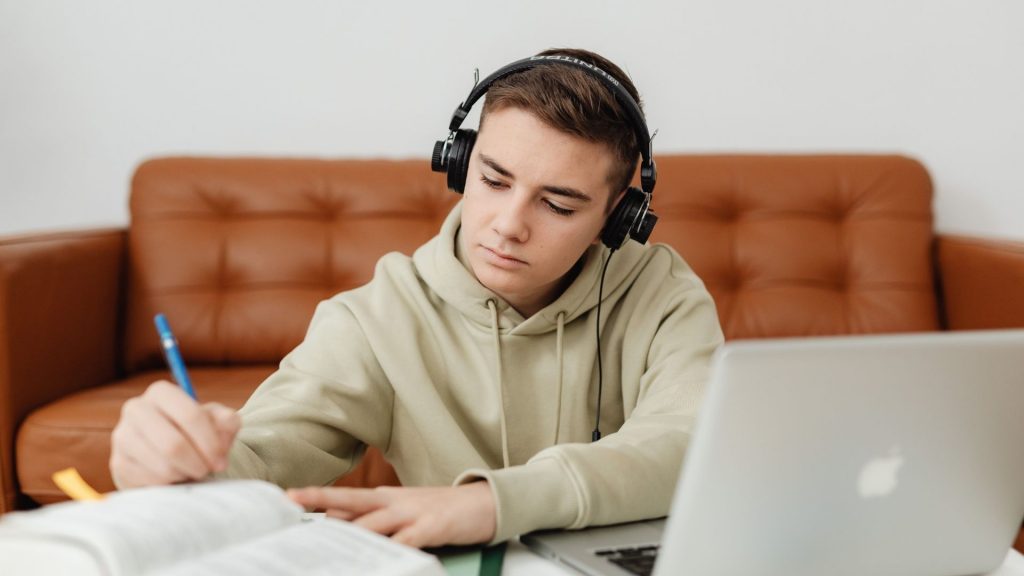Michigan Wants To Address Learning Loss With More Tutoring
Michigan's governor wants to fund a hefty tutoring program to mitigate learning loss felt throughout the state.

Throughout the nation, the state of public education has been stagnant in academic achievement for decades. But much of that decline was thought to be heavily exasperated by the onset of the COVID pandemic. Districts across the United States have been working around the clock to find ways to combat the growing issue, as many have turned to tutoring. In Michigan, the state’s governor believes this type of academic support is the key to reversing the state’s academic achievement losses, and she is touting a hefty proposal to ramp the effort up in schools.
According to reports from Chalkbeat, Michigan’s Democratic Governor, Gretchen Whitmer, would like to spend $280 million to screen and recruit new tutors to address the vast learning loss being reported throughout schools in The Great Lakes State. Now that the state has approved a bulky increase in statewide education funding, Whitmer would like to take a huge chunk of those funds to vet the new tutoring program, called MI Kids Back on Track. In a news release statement, the governor asked Michigan citizens to sign up for the new proposed program, so that state officials can get feelers on how many interested individuals they can obtain, along with figuring out logistics of how, if at all, they should be paid.
Additionally, Whitmer proposed spending the money to run extensive background checks on potential tutors and plans to pay them for their time. She said that the program would look to offer tutoring times before, during, and after school for students. But in order to get the effort in motion, Whitmer will have to gain support across party lines.
Republican state Sen. Jim Runestad isn’t necessarily opposed to the tutoring measure, but he told Chalkbeat Detroit that he would need to see more elements and details of the program before signing off on the initiative. To this point, he questioned who would serve as the tutors, as many feel that teachers are burned out and will likely not want to participate. “I just don’t believe you’re going to be able to have the current overworked, understaffed teachers do this,” he said.
Michigan lawmakers have been fighting over party lines on which efforts to approve to ramp up learning loss. Republican lawmakers Julie Alexander and John Bizon have suggested a program that would give students grants of up to $1,500 for various education expenses, which would include tutoring. Even though the plan would give priority to low-income families and students depicting the severest deficiencies, Democrats have widely opposed the measure. The defectors believe it is another attempt at school voucher programs, and say it would be distributed inefficiently.
The need for this massive tutoring overhaul was likely felt after data showed just how lacking Michigan is on the tutoring front. Like nearly every other place in America, academic growth was heavily hampered after the onset of the pandemic. Additionally, Michigan never proposed spending federal COVID relief funds on tutoring efforts. Even in districts studied for their extensive tutoring programs, Chalkbeat found that most of them were ineffective. The student to tutor ratio was reportedly higher than recommended.

If the initiative goes through, it could be the key to boosting academic achievement in Michigan public schools. When done correctly, tutoring is thought by many experts to be one of the best ways to combat levels of learning loss. If anything, it’s a starting point for school leaders scrambling to mitigate the problem.



